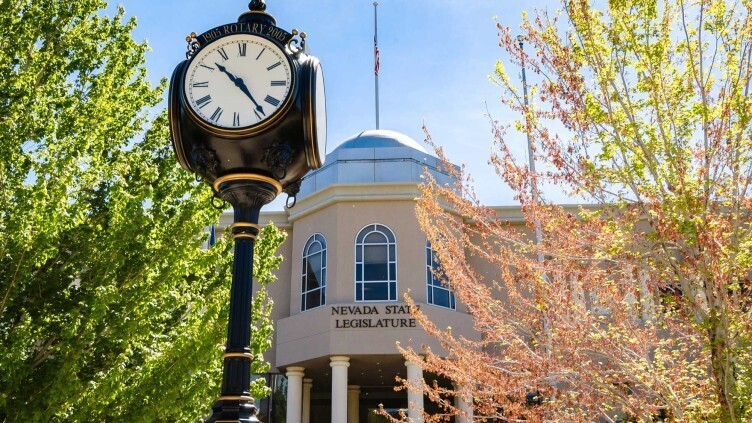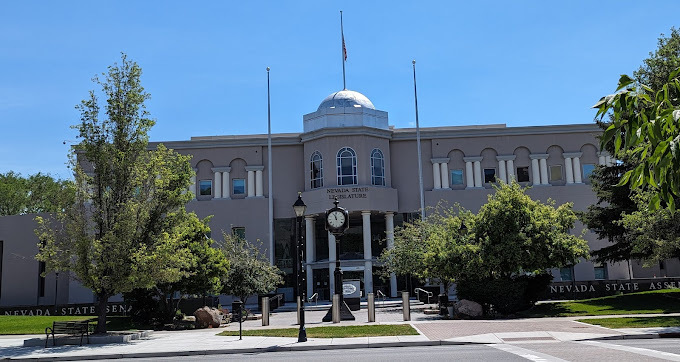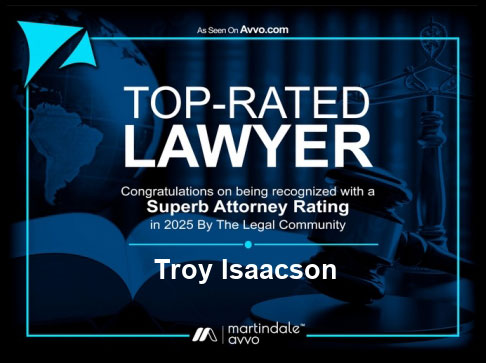ISAACSON LAW BLOG
What Are Some Common Challenges For Homeowners Associations?

What Are Some Common Challenges For Homeowners Associations?
Homeowners Associations (HOAs) play pivotal roles in maintaining the aesthetics, safety, and value of residential communities. In Nevada, as in many other places, HOAs grapple with a myriad of challenges ranging from resident conduct to safety and security issues, conformity to codes and laws, and safeguarding property values.
Homeowners Associations Help Communities Live in Harmony.
One of the primary concerns for HOAs in Nevada is managing the conduct of some of our neighbors that may not follow the same path. Striking a balance between individual freedoms and community standards can be challenging. Common disputes occur among residents about noise, parking, ill-kept yards, roaming pets, and disagreements over exterior home modifications. Residents might inadvertently or intentionally breach community rules or covenants. For example, short-term vacation rentals are plaguing many neighborhoods.
Effective HOAs establish clear and fair rules, enforceable bylaws, and transparent dispute resolution processes. However, implementing and enforcing these measures can be complex and necessitate legal expertise.
Safety is near the top of the list of most HOAs' concerns.
Ensuring the safety and security of residents is a significant concern for southern Nevada HOAs. The responsibility to maintain common areas, install proper signage, and address potential hazards in common use areas and facilities falls on their shoulders. Issues such as inadequate lighting, or lax enforcement of safety protocols puts residents at risk and harms the community’s overall well-being.
Are HOAs responsible for their communities’ conformity to codes and laws?
Nevada HOAs must adhere to state and local laws, zoning regulations, and community codes. There are complex layers to understand and to remain within compliance. It can be a daunting task, especially as these laws change and new challenges arise, such as modern water abatement issues. Failure to conform to these regulations leads to fines, legal actions, and damages to the communities’ stability, desirability, and reputations.
Legal counsel provides HOAs in Nevada with the necessary guidance to navigate the evolving legal landscape. Attorneys help draft and amend bylaws, review contracts, and ensure that the association remains compliant with all relevant laws. This proactive approach safeguards the association from legal pitfalls and helps maintain a positive relationship with residents and local authorities.
Good HOAs protect home values.
Well-managed HOAs maintain and even enhance property values within their communities. Potential homebuyers are attracted to neighborhoods with aesthetically pleasing surroundings, well-maintained common areas, and robust community standards. Protecting property values is a mutually shared interest among residents and HOAs.
Legal counsel assists HOAs in drafting and enforcing rules that contribute to the overall enhancement of property values. This may include architectural guidelines, landscaping requirements, and restrictions on external modifications. By working with legal experts, HOAs ensure that their actions align with legal standards while preserving and enhancing the value of homeowners’ investments.
Should an HOA have legal counsel?
Legal counsel is a vital resource for every HOA in Nevada. Counsel gives guidance, addresses disputes, and ensures the association’s actions are legally reasoned. Here are a few key areas where legal counsel is essential for HOAs:
Knowledge of State and Local Laws: Legal professionals with strong real estate and community association training and experiences are well-versed to keep HOAs compliant with all applicable laws and regulations.
Dispute Resolution: When conflicts arise, legal counsel ensures that the HOA follows fair and legally sound dispute resolution processes. This helps prevent escalation and potential legal actions by dissatisfied residents.
Document Drafting and Review: Attorneys assist in drafting and reviewing HOA documents, including bylaws, contracts, and amendments. This ensures that these documents align with legal standards and accurately reflect the association’s objectives.
Liability Mitigation: Legal counsel helps HOAs identify liabilities and implement measures to mitigate risks. This includes safety concerns, enforcing rules, and ensuring that the association’s actions are within legal boundaries.
Educating Board Members and Residents: Legal professionals provide training sessions and educational resources for board members and residents. They raise everyone’s awareness, and their informative and professional approaches can buffer feelings and emotions during times of disagreement. A proactive approach by a legal professional can contribute to keeping community environments harmonious.
Proactive HOAs look for and get professional legal help.

LOCATION
- (702) 529-2559
- 4730 S. Fort Apache Rd, Suite 280 Las Vegas, Nevada 89147
BUSINESS HOURS
Monday – Friday: 8:30am to 5:30pm
Recent Blog Posts

Legislative Session 4-20-25

Legislative Session 3/15/25



